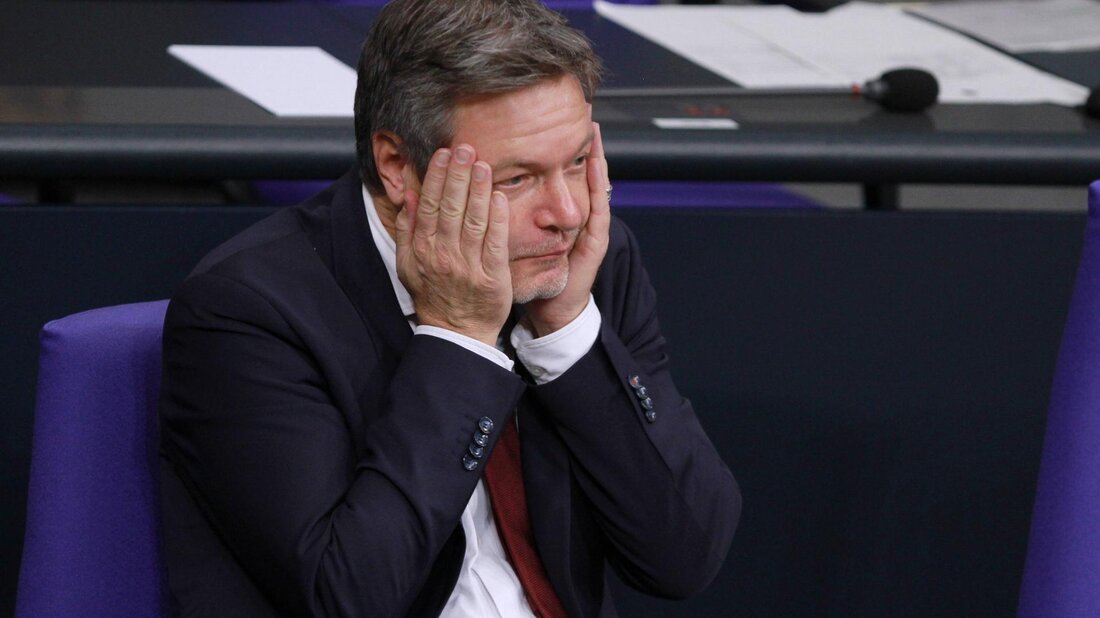Climate money in Germany: Why the traffic light government isn't implementing it
According to a report by www.deutschlandfunk.de, the planned climate money is in the coalition agreement, but despite scientific evidence that it can increase acceptance of climate protection, it will not be implemented. The federal government does not seem to be taking the measure seriously and is avoiding the political debate about who should receive the money and how much. Instead, the money is better used for other projects. According to the Ministry of Economic Affairs, the money from national CO2 pricing is used to reduce electricity costs and, for example, to finance heating replacement. However, high earners in particular benefit from this system, while low earners are additionally burdened by the CO2 tax without adequate...

Climate money in Germany: Why the traffic light government isn't implementing it
According to a report by www.deutschlandfunk.de,
The planned climate money is in the coalition agreement, but despite scientific evidence that it can increase acceptance of climate protection, it will not be implemented. The federal government does not seem to be taking the measure seriously and is avoiding the political debate about who should receive the money and how much. Instead, the money is better used for other projects.
According to the Ministry of Economic Affairs, the money from national CO2 pricing is used to reduce electricity costs and, for example, to finance heating replacement. However, high earners in particular benefit from this system, while low earners are additionally burdened by the CO2 tax without receiving appropriate reimbursement.
The federal government's priorities appear to be more focused on industry and investment support than on creating a fairer climate money system. This leads to a redistribution of funds from wider society to industry. Socially just climate protection is therefore delayed and denied.
These decisions have a direct impact on the market and consumers. Delaying the implementation of climate money and prioritizing other projects leads to a distortion of the climate protection system and a burden on low-income earners. There is a risk that acceptance of climate protection measures will decrease as the population may have the feeling that the government is not sufficiently committed to socially just solutions to climate protection.
It is important that the federal government takes the implementation of climate money seriously and pays greater attention to social aspects in order to ensure fairer and more effective climate protection.
Read the source article at www.deutschlandfunk.de

 Suche
Suche
 Mein Konto
Mein Konto
